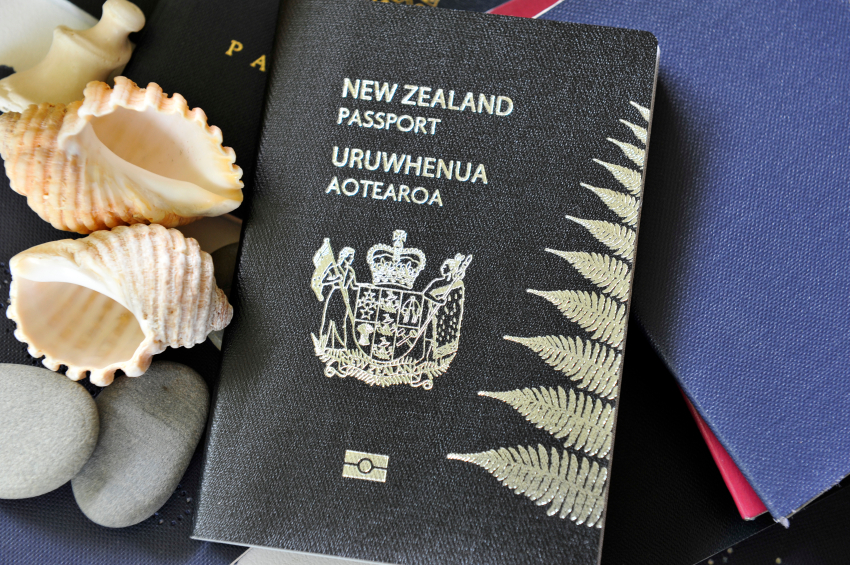Introduction:
New Zealand visa policies for individuals with dual citizenship are of significant interest due to the country’s unique geopolitical position and growing global importance. This essay aims to explore the intricacies of acquiring a New Zealand visa with dual citizenship, shedding light on the distinct advantages and potential considerations for applicants. By analyzing New Zealand’s visa policies, immigration criteria, and the implications of dual citizenship, we can comprehensively assess this topic’s nuances.
Paragraph 1: The Importance of New Zealand’s Dual Citizenship Visa Policy
New Zealand’s dual citizenship visa policy highlights the nation’s progressive approach towards international cooperation and cultural integration. With a reputation for being open-minded and embracing diverse cultures, New Zealand recognizes the value of dual citizenship and appreciates its benefits. This approach attracts skilled individuals, fostering economic growth and reinforcing the country’s global standing.
Paragraph 2: Understanding New Zealand’s Immigration Criteria
Dual citizens seeking a New Zealand visa must satisfy specific immigration criteria, including demonstrating a commitment to contribute to the country’s development and adhering to the well-defined qualifications and skills required. Applicants must showcase their ability to fit within New Zealand’s societal fabric and contribute positively to both the economy and local communities.
Paragraph 3: The Advantages of Dual Citizenship in New Zealand
Dual citizenship in New Zealand carries various advantages, providing individuals with greater mobility, expanded employment opportunities, and increased property rights. Holding dual citizenship with New Zealand also allows for easier travel to neighboring countries, such as Australia, further enhancing the region’s economic integration and prospects for cross-cultural exchange.
Paragraph 4: Potential Challenges Specific to Dual Citizenship Applications
Understanding the challenges posed by dual citizenship applications is essential for individuals seeking a New Zealand visa. These challenges may include navigating legal complexities, resolving potential conflicts of interest, coordinating consular representation, and ensuring compatibility with the immigration regulations of both countries involved.
Paragraph 5: The Role of Dual Citizenship in Facilitating Global Exchange
Dual citizenship is not only advantageous for individual visa applicants but also promotes scholarly and cultural exchange between NEW ZEALAND VISA TRANSFER TO NEW PASSPORT countries. By granting dual citizenship visas, New Zealand facilitates a vibrant exchange of knowledge, fostering academic collaborations, research partnerships, and cultural understanding among nations.
Paragraph 6: The Impact of Dual Citizenship on Cross-Border Trade and Investment
New Zealand’s dual citizenship visa policy plays a crucial role in fostering cross-border trade and investment opportunities. Dual citizens with business interests in New Zealand can benefit from enhanced market access, reduced trade restrictions, and streamlined investment procedures, while also contributing to the overall economic growth of the country.
Paragraph 7: Addressing Ethical Considerations of Dual Citizenship
Examining the ethical implications of New Zealand’s dual citizenship visa policy is crucial to ensuring the system remains fair and equitable. Evaluating the potential advantages dual citizens may hold over single citizens necessitates a careful balance between promoting diversity and maintaining a level playing field for all applicants.
Paragraph 8: Promoting Cultural Exchange and Diversity in New Zealand
New Zealand’s dual citizenship visa policy aligns with the nation’s commitment to fostering cultural exchange and diversity. By welcoming dual citizens, New Zealand strengthens its multicultural fabric, embracing inclusive practices and facilitating cross-cultural learning that enriches both communities and individuals.
Paragraph 9: Potential Reforms and Future Directions
As New Zealand continues to evolve and adapt to global changes, ongoing assessment of its dual citizenship visa policy is critical. Future reforms might reflect advancements in technology, geopolitical shifts, and emerging global trends, ensuring the policy remains relevant and aligned with New Zealand’s objectives.
Conclusion:
New Zealand’s visa policy for dual citizenship embodies the nation’s inclusive ethos, enabling individuals to contribute to the country’s economic development, while fostering global cooperation and cultural exchange. This comprehensive analysis highlights the advantages, potential challenges, ethical considerations, and broader implications of New Zealand’s dual citizenship visa policy. By embracing its multicultural identity, New Zealand continues to position itself as a global leader in facilitating intercultural dialogue and collaboration.

